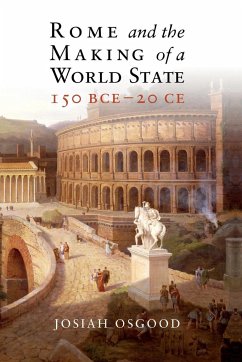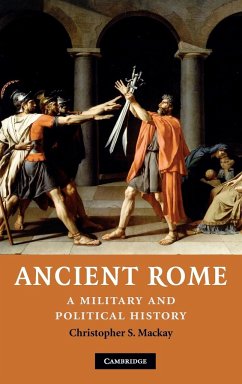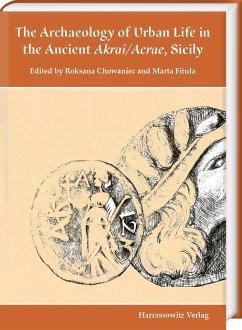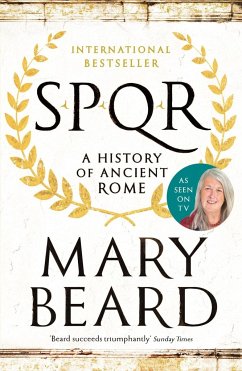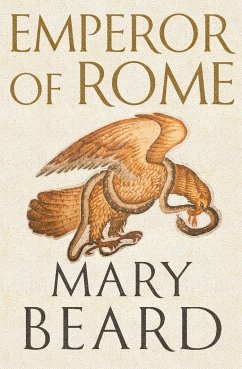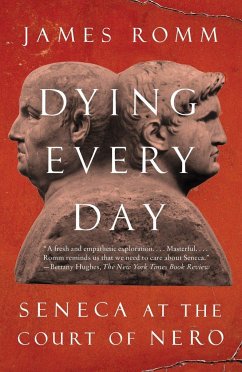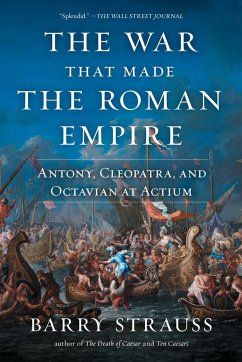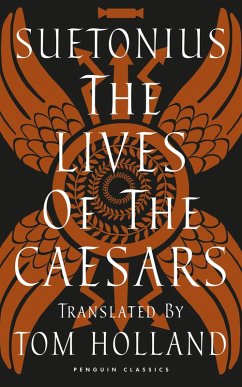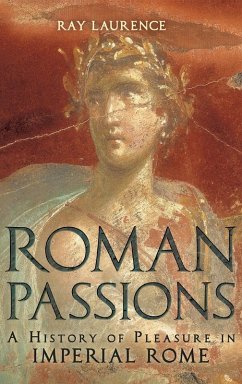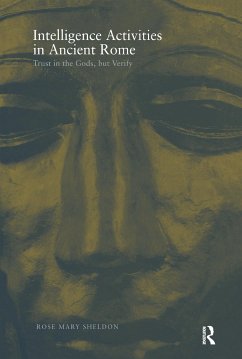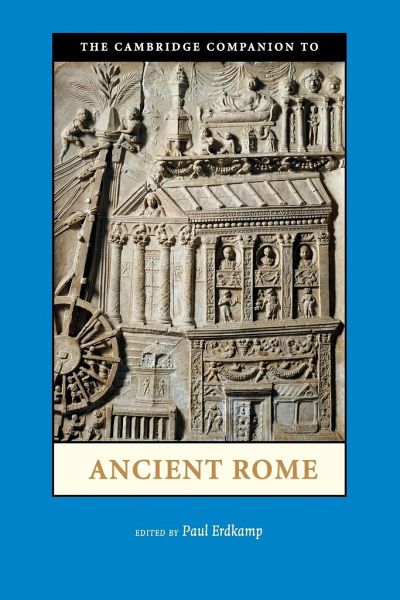
The Cambridge Companion to Ancient Rome
Versandkostenfrei!
Versandfertig in 1-2 Wochen
48,99 €
inkl. MwSt.

PAYBACK Punkte
24 °P sammeln!
'Rome was the largest city in the ancient world. As the capital of the Roman Empire, it was clearly an exceptional city in terms of size, diversity and complexity. While the Colosseum, imperial palaces and Pantheon are among its most famous features, this volume explores Rome primarily as a city in which many thousands of men and women were born, lived and died. The thirty-one chapters by leading historians, classicists and archaeologists discuss issues ranging from the monuments and the games to the food and water supply, from policing and riots to domestic housing, from death and disease to ...
'Rome was the largest city in the ancient world. As the capital of the Roman Empire, it was clearly an exceptional city in terms of size, diversity and complexity. While the Colosseum, imperial palaces and Pantheon are among its most famous features, this volume explores Rome primarily as a city in which many thousands of men and women were born, lived and died. The thirty-one chapters by leading historians, classicists and archaeologists discuss issues ranging from the monuments and the games to the food and water supply, from policing and riots to domestic housing, from death and disease to pagan cults and the impact of Christianity. Richly illustrated, the volume introduces groundbreaking new research against the background of current debates and is designed as a readable survey accessible in particular to undergraduates and non-specialists.





